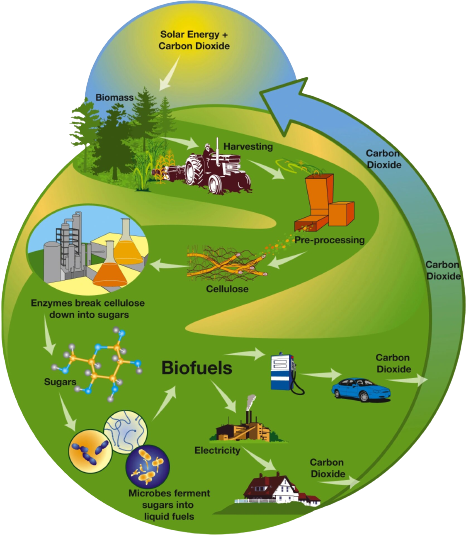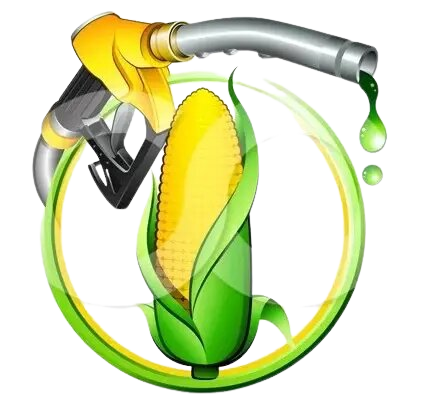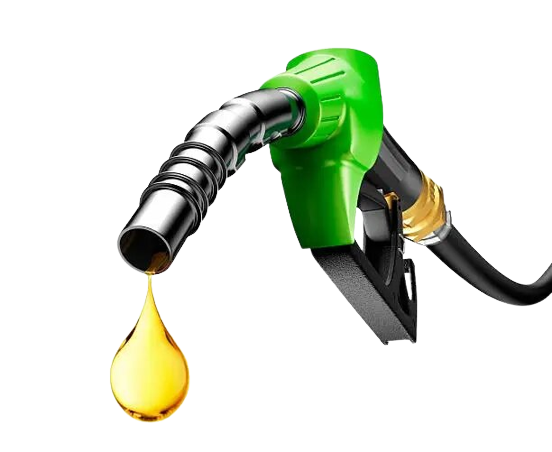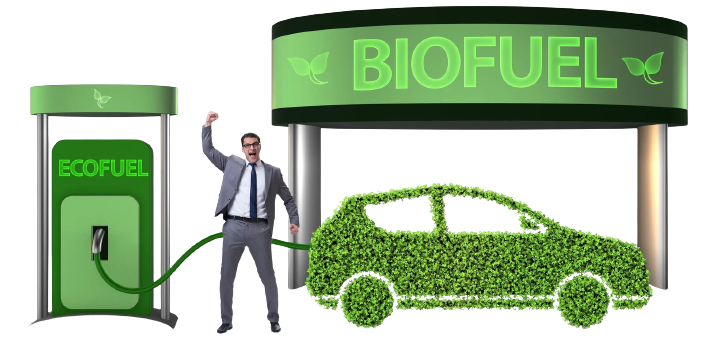Biofuel
Fossil fuel
Fuels used on a daily basis by many are from coal and crude oil. These are non-renewable resources as they take millions of years to form underground and they cannot be replaced once they are all used up. The fact that fossil fuels are non-replaceable also means that they are more likely to become more expensive as they begin to run out. Regarding the environment, the problem with fuels produced by crude oil (i.e. petrol, diesel) is that they produce a range of harmful substances when they are burned. These include, water vapour, carbon dioxide, carbon monoxide, sulphur dioxide and harmful oxides of nitrogen.

Biomass
Biomass is an organic matter, that is dead, but was once was living. The most well-known organisms used for biomass are: mats, algae, kernels of corn, and stalks of sugar cane. In contrast to fossil fuel biomass is renewable, therefore stable in its cost (mostly cheaper) which makes it a real asset.
TYPES OF BIOFUELS
The chemical structure of biofuels just as the structure of fossil fuels can differ. But for practical reasons (easy to transport) the liquid forms of biofuel are the most well-known. Biodiesel and bioethanol are the two most used.
Biofuel can be produced from plants (i.e. energy crops), or from agricultural, commercial, domestic, and/or industrial wastes (if the waste has a biological origin). Biofuel generally involve contemporary carbon fixation, such as those that occur in plants or microalgae through the process of photosynthesis. The greenhouse gas mitigation potential of biofuel varies considerably, from emission levels comparable to fossil fuels in some scenarios to negative emissions in others. The IPCC (Intergovernmental Panel on Climate Change) defines bioenergy as a renewable form of energy.

Biofuel:
Bio-Diesel

Bio-ethanol

Fossil fuel:
Diesel

Gasoline

Differences:
- Gives slightly less energy than normal diesel
- Unfortunately, it is more corrosive to engine parts than diesel
- It burns cleaner than Diesel, producing less sulphur compounds.
- Bio-ethanol is weaker than Gasoline. This means it takes twice as much bio-ethanol to get the same energy Gasoline gives.
- BUT ethanol produces less carbon monoxide.
- In contrast to Gasoline Bio-ethanol produces more ozone than gasoline and still contributes to smog.
Our company is aware of the debate around biofuel and its limited effectiveness. Our company’s main purpose considering biofuel is to experiment and to produce better alternatives in a laboratory setting that can still be called “biofuel”. If you are interested in Future plans in biofuel and tenders, please visit “Future plans”.

